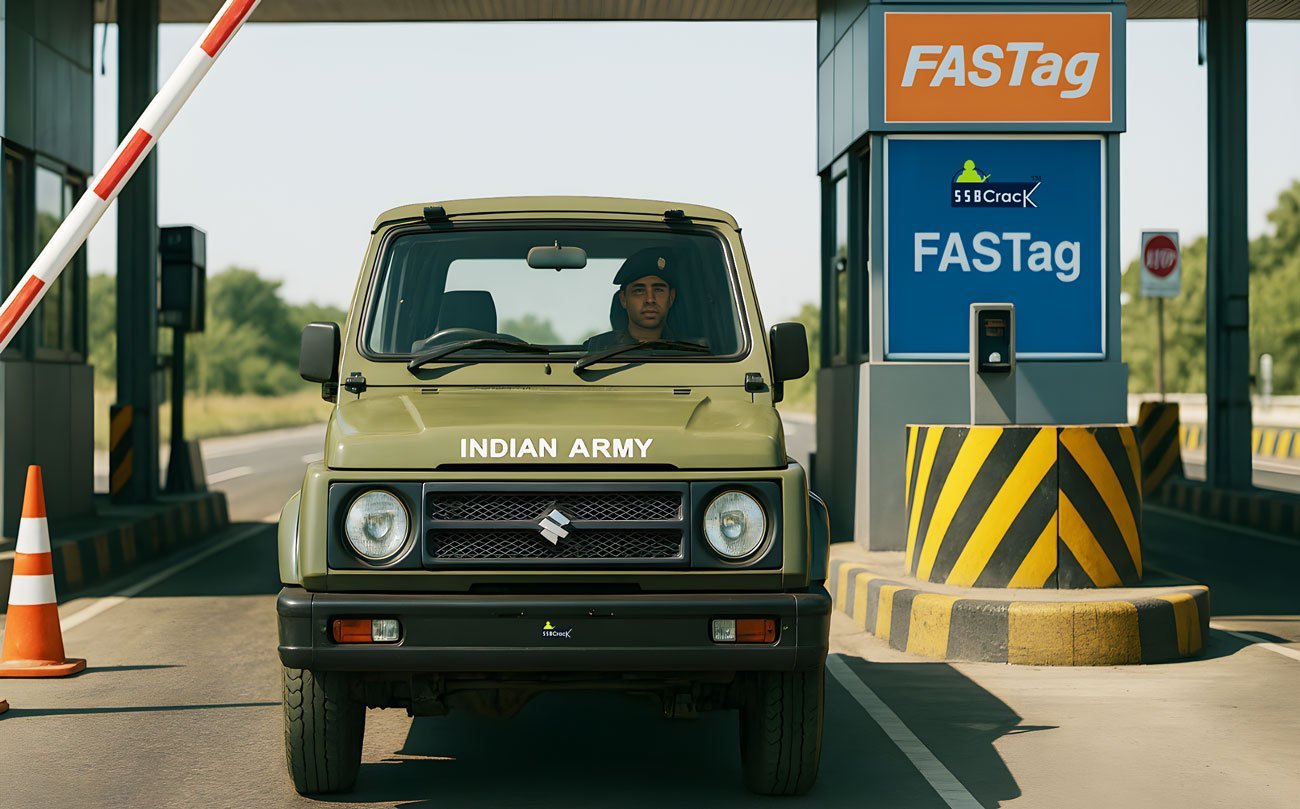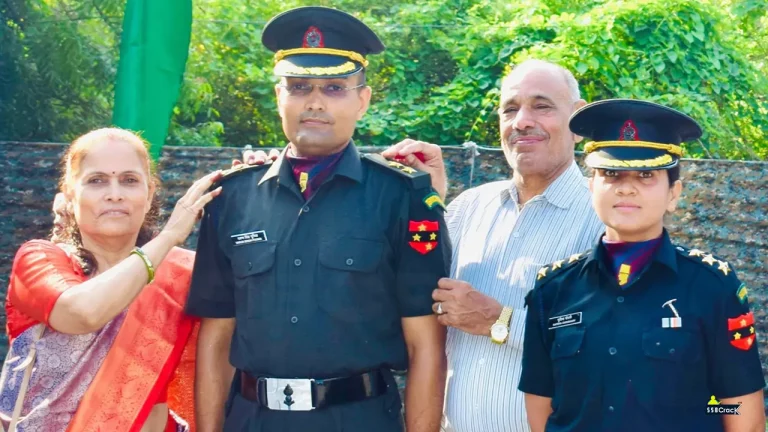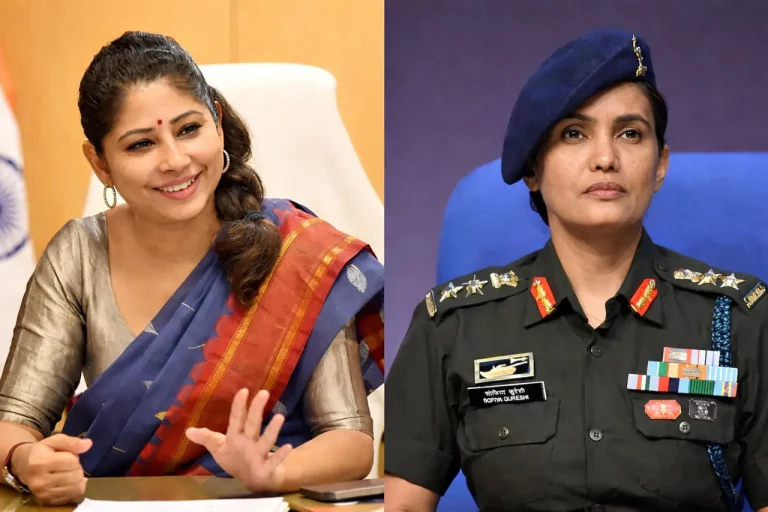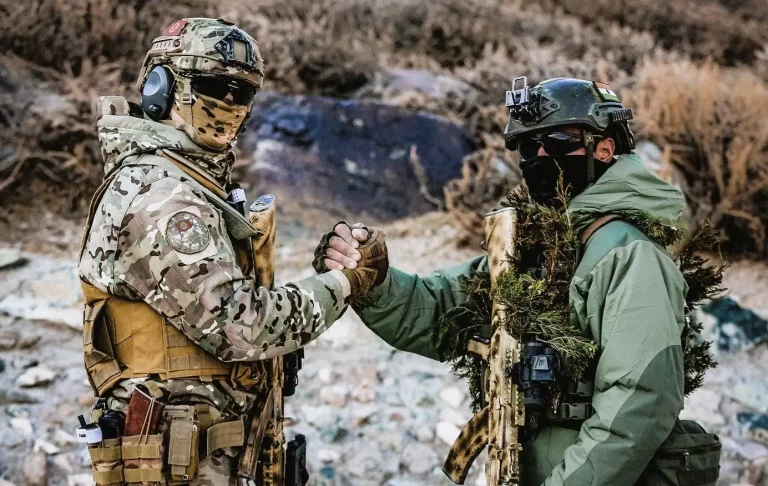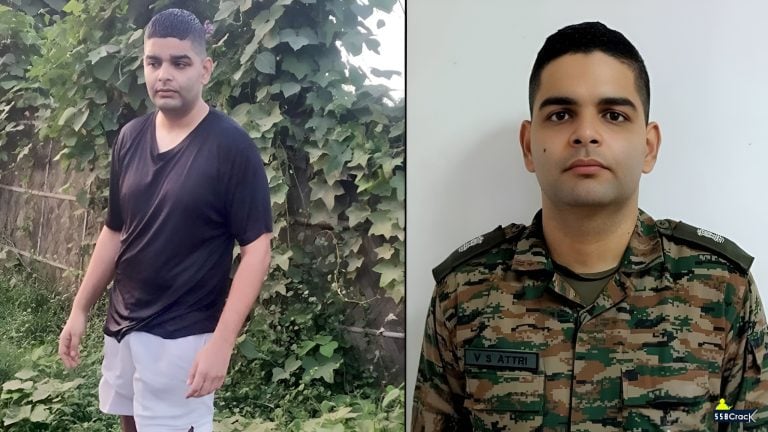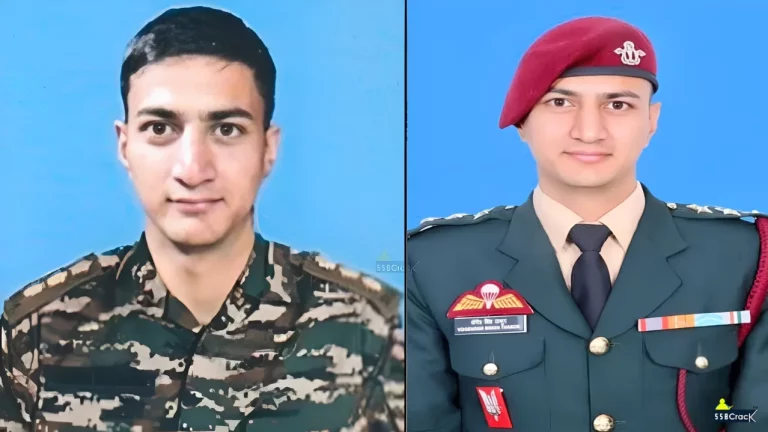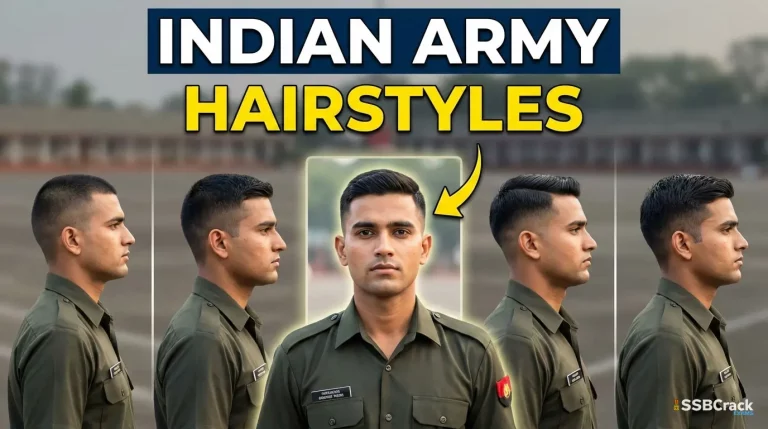Despite the widespread belief that Indian Army soldiers can pass toll plazas for free, the truth is more nuanced and clearly defined by specific legal frameworks. Soldiers are granted exemptions under certain circumstances, primarily governed by three historical legal documents: the Indian Tolls (Army & Air Force) Act of 1901, the Indian Tolls (Army & Air Force) Rules of 1942, and the National Highways Fee (Determination of Rates and Collection) Rules of 2008. Each of these legal guidelines outlines when soldiers are eligible for toll exemptions.
The 1901 Act specifies categories of individuals and circumstances that allow for toll-free passage. This includes regular officers, soldiers, and airmen of the armed forces when on duty or marching, as well as authorized followers and families in the company of troops. Additionally, government vehicles used for military purposes are exempt from tolls.
The 1942 Rules further clarify the requirement of presenting a pass to claim toll exemptions. However, no pass is required for soldiers in uniform who are actively on duty or marching. Officers on duty but not in uniform can provide a written statement confirming their status instead.
Recent expansions to these regulations, through the 2008 National Highways Fee Rules, have added layers of specificity regarding exemptions at national highway plazas. Under these rules, soldiers using official vehicles (as outlined in the 1901 Act) are exempt from tolls; however, this exemption only holds true when the vehicle is used for official purposes. In mixed interpretations, it is essential to note that personal or off-duty travel does not qualify for exemption.
Important points that emerge from this legal overview include:
-
Specificity of Exemption: Indian Army soldiers earn toll exemptions only when travel aligns with legal requirements, predominantly during official duties.
-
Uniform Does Not Guarantee Free Passage: Simply wearing a uniform does not exempt soldiers from tolls unless they are en route for official purposes.
-
Personal and Off-Duty Travel: Soldiers must pay tolls during personal journeys, regardless of their uniform.
- Exemption for Ex-Servicemen and Defence Civilians: There are no toll exemptions for retired personnel or defence civilian employees, as explicitly stated in Ministry of Road Transport and Highways (MoRTH) guidelines.
In practical terms, soldiers should be prepared with appropriate documentation when traveling for official duties. This includes carrying their service ID and, where necessary, an official duty order or authorization. In addition, using an Exempted FASTag can expedite the toll collection process.
For soldiers encountering challenges or misunderstandings at toll plazas, they are advised to clearly communicate their exemption status. If difficulties persist, referring to legal stipulations can assist in resolving disputes over toll charges.
As the misconceptions surrounding toll exemptions continue to circulate, it’s crucial for service members, their families, and the public to understand the specific legalities that dictate when military personnel can travel toll-free. Awareness of these rules not only helps soldiers navigate tolls more effectively but also addresses the public’s concerns regarding fairness and legality in toll collection practices.
